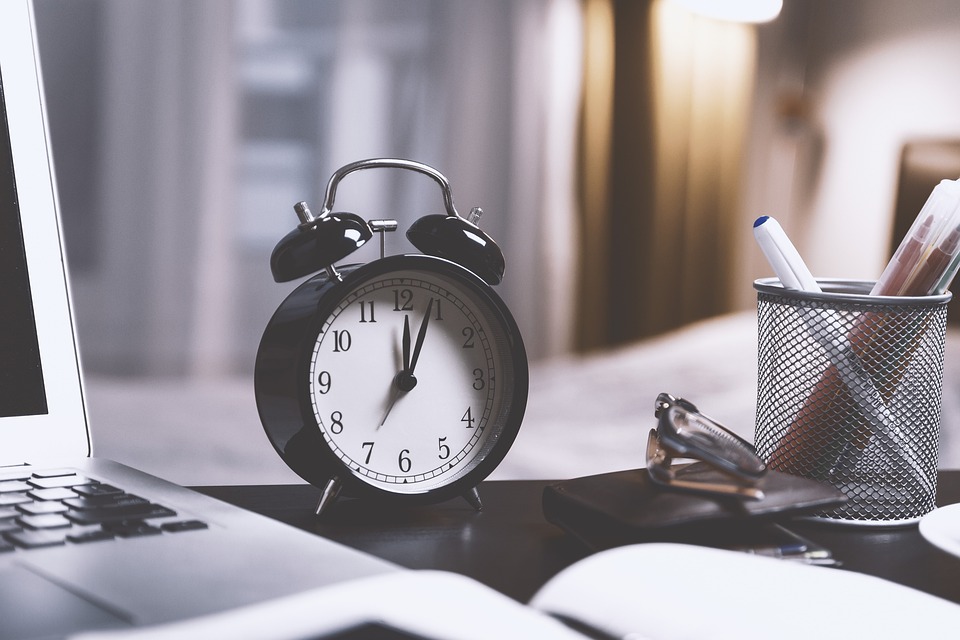When we spring our clocks ahead one hour this month, we will be pushing sunrise and sunset to be an hour later. Even though we will be able to enjoy the extended hour of sunlight in the evening, losing an hour of sleep and potentially commuting to work in the dark can cause other personal health effects. Throwing off the body’s natural cycle can cause difficulty falling asleep at night and increased fatigue during the day. Below are some ways that you can cope with “losing” that extra hour of sleep:
Expose Yourself to Light
Light subdues the brain’s natural production of melatonin, which is the hormone your body produces to fall asleep. Due to this effect that light has on your ability to fall asleep, it is recommended that you expose yourself to sources of light during the day to keep your body awake and alert. By the same token, you should also avoid being exposed to light during the evening hours so that your body can prepare to fall asleep at your regular bedtime.
Keep Regular Sleep Patterns
It is recommended to try to keep your regular bedtime and time that you wake up to bring your body back into its regular sleep pattern. Getting your body in a routine can help you avoid feeling lethargic during the day.
Avoid Caffeine
Caffeine is a stimulant and can keep you up far past your bedtime. It is suggested that you avoid caffeine products, especially during the evening hours, so you can fall asleep at a designated time.
Dr. Barbara Edwards, Princeton internist practices at Penn Medicine Princeton Health in the Penn Medicine Princeton Medical Center and also serves as Medical Director of the Bristol-Myers Squibb Community Health Center.


